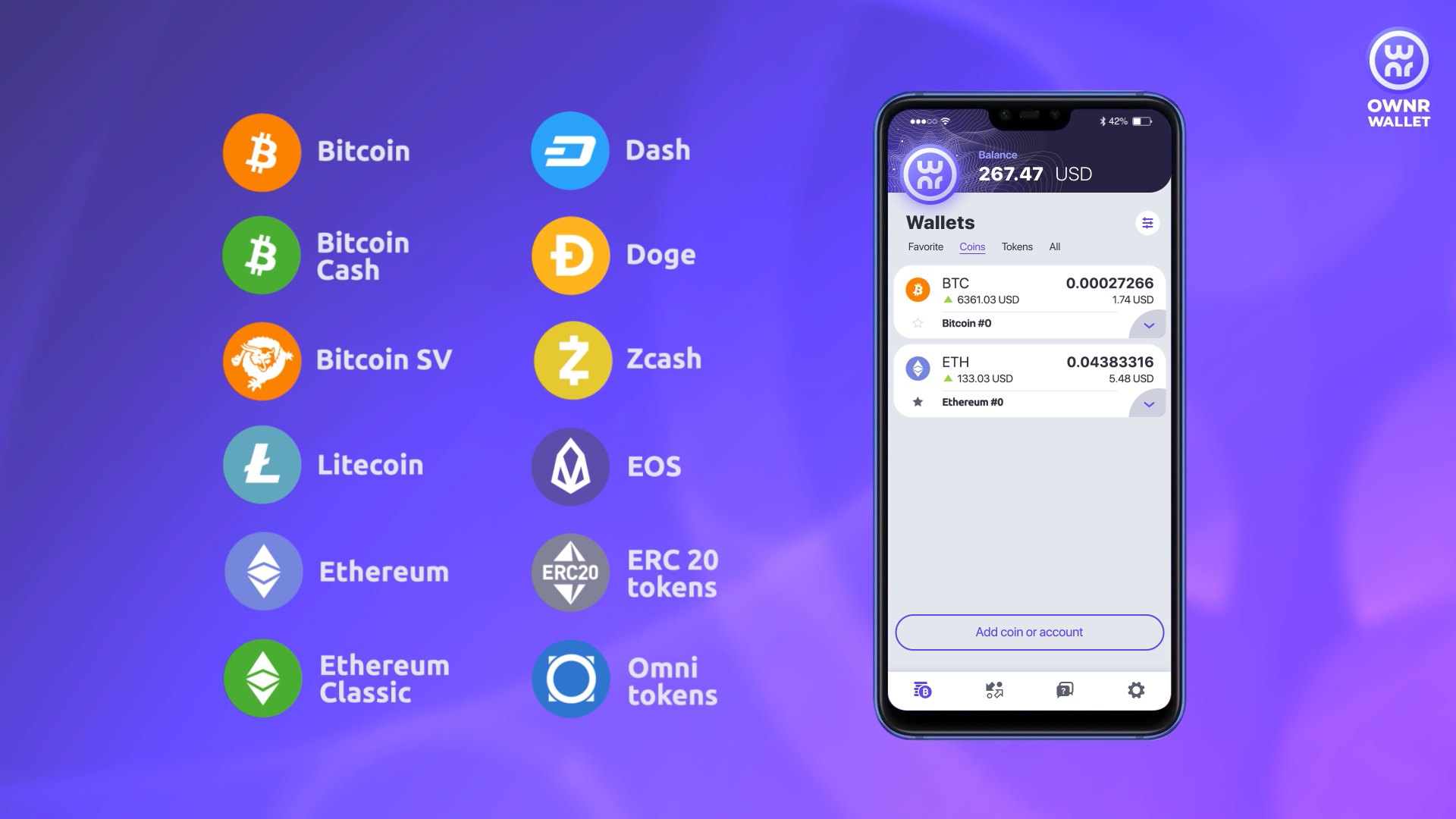Despite the noticeable skepticism surrounding cryptocurrency, the volume of crypto payments made in both online and offline stores has been ...
In 2013, nearly $120M was spent by bitcoin holders on merchant services. This amount climbed to the spectacular $2.2B in 2017, which almost doubled in 2019 reaching $4B. These figures include bitcoin only, without regard to other coins whose usage is humbler. In 2019, more than 100,000 merchants worldwide accepted bitcoin. This number is expected to grow, with the household names like Microsoft, Virgin, Twitch, Badoo, KFC already on the list and more companies embracing crypto daily.
The rise of cybercrime
While the cryptocurrency adoption is catching on and payments are skyrocketing, the adversary schemes are flourishing, too. The allure of crypto as a payment method is attributed to the nature of blockchain which implies the transactions are private, immutable and irreversible. The latter may play havoc: should someone con you into sending bitcoin to their address or get access to yours, it will not be possible to reverse the transaction. The ways of how adversaries can grab your money are numerous. As far as the use of cryptocurrency wallets only is concerned, the root of the problem mostly lies in:
– Data leaks caused by adversaries fetching your seed phrase or linking sensitive information with your bitcoin address
– The vulnerability of the wallet software. That’s what happened to Electrum users in 2019 when a flaw was exploited to trick them into downloading a malicious version which would steal funds upon entering the seed phrase. The examples of wallets servers being attacked by hackers to get access to users’ funds are also abundant.
Thus there are two key points to stay safe online: Store your wallet data safely, ideally on paper, and choose a secure wallet software. The veterans of crypto would advise using a cold wallet for utter security. Yet cold wallets are cumbersome when it comes to quick regular payments. The best option for the latter is a hot wallet. Here are things to consider while choosing one.Choosing a secure cryptocurrency wallet
It is vital that the wallet offers extra layers of security but for your seed phrase, like PIN code or 2FA. However, this will not protect you from hacker attacks on the wallet servers. Surprisingly enough, most cryptowallets are designed as centralized systems and consequently are prone to attacks. Here non-custodial wallets come in handy. They do not store seed phrase or private keys. Which means the wallet vulnerability can be excluded as a reason of funds loss. Non-custodial wallets simply provide an interface for you to manage your funds. But how convenient are they?
Non-custodial wallets: ease of use
Non-custodial wallets are not necessarily designed for the tech-savvy. A great example of a non-custodial wallet with the functionality of a custodial and clear interface is OWNR Wallet. There are other non-custodial wallets worth attention, but many of them downplay the variety of coins available and offer bitcoin-like coins only. Others offer quite a limited functionality which necessitates you to keep several apps to have all the needs covered. GIFA Wallet provides an all-in-one.
OWNR and GIFA wallet will be a good choice for those who would love to store all assets in one app (including main coins like BTC, ETH, LTC, USDT, and all the ERC20 tokens) while doing there all the cryptocurrency routine like sending, receiving, exchanging and even buying cryptocurrencies.
If you are the one who uses crypto a lot for online purchases, you would appreciate the option of buying cryptocurrency right in the wallet app. In OWNR, for instance, you can use credit and debit cards or even a SEPA transfer. If you are concerned with taking all security measures possible, you may opt to use a PIN code, touch ID, face ID. Another good news is that you can import literally any HD wallet as well as create one with any seed phrase length.
To sum up, we would like to underline that hot wallets, both custodial and non-custodial, suit perfectly for regular payments. For dealing with large amounts of crypto, it is recommended to use cold wallets.

.jpg)








